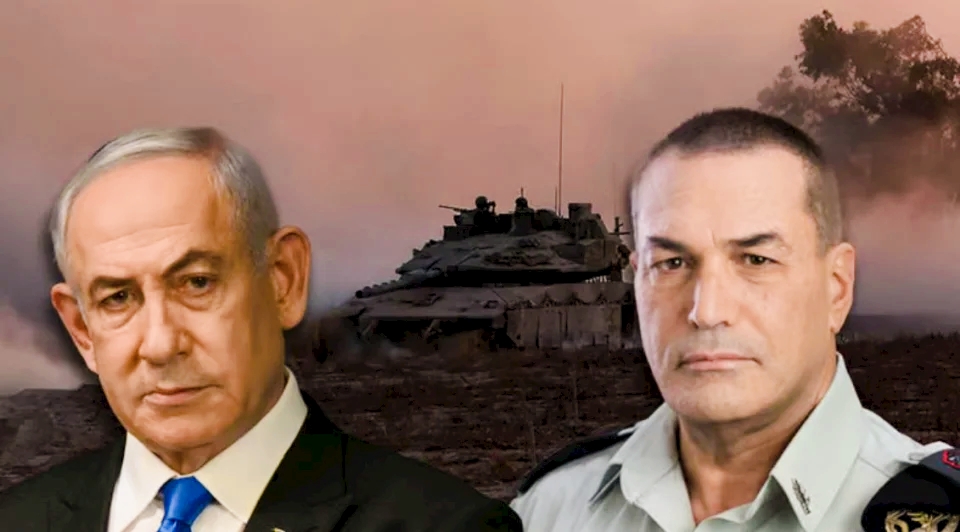In a controversial move, Israeli Prime Minister Benjamin Netanyahu continues to implement his plan to fully occupy the city of Gaza, despite the severe criticism he has faced from various parties, including opposition from within the Israeli army as well as from U.S. President Donald Trump.
* Military preparations:
In this context, the Israeli military leadership issued orders to call up about 60,000 reservists in preparation for the military operation aimed at taking control of the city of Gaza.
This move comes at a sensitive time as approximately 40,000 reservists are scheduled to join their units as part of an unplanned reserve round to support the attack on the sector.
According to the Israeli army radio, this number will include about half of the fighters, each of whom will take on a role on the front lines, while the other half of the soldiers will undertake various tasks including logistical support, intelligence, and aviation.
* Disagreements within the Israeli leadership:
Meanwhile, Israeli sources reveal an internal crisis among security and political leaders,
as Chief of Staff Eyal Zamir, Mossad Director David Barnea, and the acting head of the Shin Bet have expressed their rejection of the plan to fully occupy Gaza, suggesting instead to conclude a "partial deal" with Hamas aimed at releasing Israeli prisoners in exchange for a number of Palestinian prisoners.
According to press reports, Hamas has agreed to this deal, which includes a 6-day ceasefire in exchange for the release of 10 Israeli prisoners for a number of Palestinian prisoners, with more prisoners to be released later, in addition to the bodies of several deceased prisoners.
Despite these pressures and criticisms, Netanyahu continues to implement his plan, which received support from the Israeli government and was officially approved last August under the supervision of Defense Minister Israel Katz.
* Internal and external objections:
In a related context, a group of Israelis submitted a petition to the Supreme Court, demanding a halt to the plan to occupy Gaza, arguing that the decision was made without sufficient consultation with the army, which could harm Israeli security.
On the other hand, the international community has widely warned of the implications of this plan, as many Western and Arab countries and relief organizations condemned the tragic conditions that could result from implementing this plan amid the catastrophic humanitarian situation in the Gaza Strip.
The United Nations officially declared famine in the sector on August 22, 2025, where about 500,000 people live in catastrophic conditions.
* Trump's criticisms:
In a surprising stance, U.S. President Donald Trump criticized the continuation of the war in Gaza, warning that Israel may achieve a military victory but will lose a lot in terms of diplomacy and international relations.
Trump stated that the war could cause severe damage to Israel's image in the world despite his repeated assertions of full support for Israel's right to defend itself against Hamas.
As Israeli military preparations continue to accelerate, the question remains about the future of Gaza and the impact of this escalation on regional and international security.

